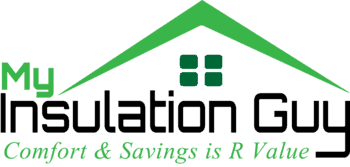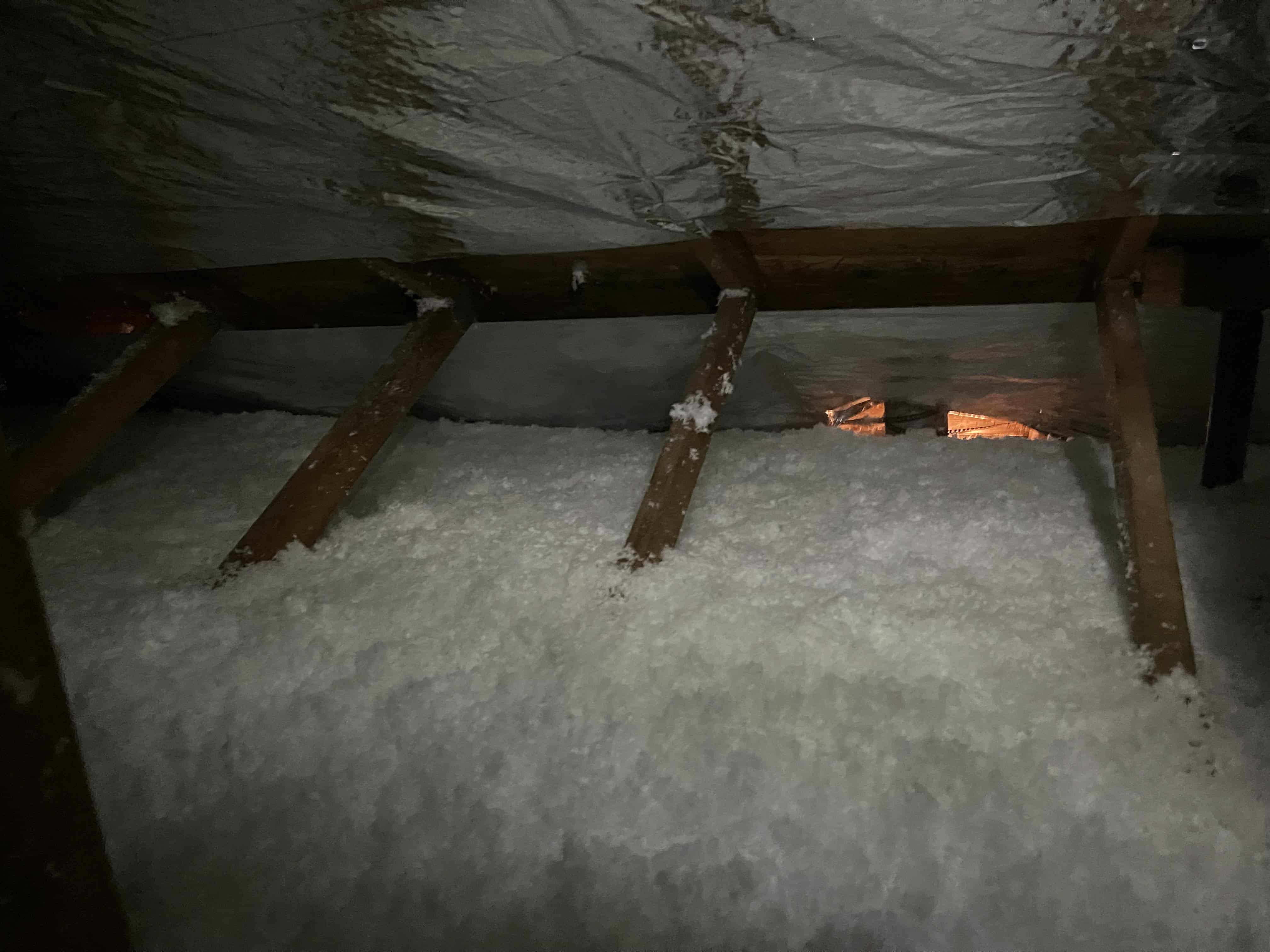Did you know that your attic could be the secret to slashing your energy bills? Many homeowners overlook the impact of proper attic insulation, but it can significantly reduce your energy costs while keeping your home comfortable year-round. In this blog, we’ll break down how attic insulation works, its benefits, and how you can make the most of it to save money.
Understanding Attic Insulation
It acts as a barrier between your home and the outside environment. By preventing heat transfer, it keeps your home warmer in the winter and cooler in the summer. Without proper insulation, your heating and cooling systems have to work overtime to maintain a consistent temperature, which leads to higher energy bills.
The type of insulation you choose matters. Options like fiberglass, spray foam, cellulose, and radiant barriers each have their pros and cons, but the best attic insulation depends on your budget, climate, and energy-saving goals. Working with experts like My Insulation Guy can help you identify the right solution for your home.
How Attic Insulation Saves Money
Reduces Heating and Cooling Costs:
When your attic is poorly insulated, your HVAC system has to work harder to compensate for the loss of conditioned air. This increases energy consumption and costs. By upgrading your attic insulation, you can cut these expenses significantly—sometimes by as much as 50%.
Prevents Air Leaks:
Insulation helps seal your attic, preventing hot or cold air from escaping. This means your home’s temperature remains stable, and your energy systems operate more efficiently.
Lower Maintenance Costs:
Overworking your HVAC system can lead to wear and tear, resulting in frequent repairs. Proper attic insulation reduces strain on your system, extending its lifespan and lowering maintenance expenses.
Attic Insulation Cost: Is It Worth It?
One common concern is the cost of installing or upgrading attic insulation. While the upfront attic insulation cost can vary depending on factors like the size of your attic and the type of insulation used, it’s an investment that pays for itself over time through energy savings. On average, homeowners see a return on investment within a few years.
Additionally, some states offer rebates or incentives for energy-efficient home improvements, making it even more affordable. Partnering with a reputable service provider like My Insulation Guy ensures you’ll get the best value for your money.
Benefits Beyond Energy Savings
Proper attic insulation doesn’t just save money—it also enhances your quality of life. Here are a few additional benefits:
- Improved Comfort: A well-insulated attic maintains consistent indoor temperatures, eliminating hot and cold spots.
- Noise Reduction: Insulation can act as a sound barrier, reducing outside noise for a quieter home.
- Environmental Impact: By using less energy, you’re reducing your carbon footprint and contributing to a more sustainable future.
- Increased Home Value: Energy-efficient upgrades, including attic insulation, can boost your home’s resale value.
- Reduced Allergens: Insulation can help block dust, pollen, and other allergens from entering your home, creating a healthier living environment.
- Enhanced Fire Safety: Certain types of insulation, like mineral wool, offer fire-resistant properties, adding an extra layer of safety.
- Lower Humidity Levels: Proper insulation reduces moisture buildup, preventing mold and mildew growth in your attic and home.
- Extended Roof Lifespan: By maintaining a consistent temperature in your attic, insulation reduces the risk of ice dams and excessive heat, which can damage your roof over time.
Choosing the Best Attic Insulation
Selecting the best attic insulation for your home requires considering your specific needs. Here’s a quick overview of popular options:
Fiberglass: Affordable and widely available, fiberglass insulation is easy to install and effective in most climates.
Spray Foam: While more expensive, spray foam provides excellent insulation and seals air leaks effectively.
Cellulose: Made from recycled materials, cellulose is eco-friendly and offers good thermal performance.
Radiant Barriers: Ideal for hot climates, radiant barriers reflect heat rather than absorb it.
Consulting a professional can help you weigh the pros and cons of each option. At My Insulation Guy, we’ll guide you through the process to find the most efficient and cost-effective solution for your home.
Conclusion
Attic insulation is one of the smartest investments you can make for your home. Not only does it cut energy costs in half, but it also enhances comfort, reduces noise, and adds value to your property. If you’re ready to take the next step, reach out to My Insulation Guy for expert advice and high-quality installation services.
Don’t wait to start saving money and improving your home. Contact us today to schedule a free consultation and see how much you could save with better attic insulation!
FAQs
How much does attic insulation cost?
The cost varies based on the type of insulation and the size of your attic. On average, homeowners spend between $1,500 and $3,500.
How do I know if my attic needs more insulation?
Signs include fluctuating indoor temperatures, high energy bills, and drafty rooms. A professional inspection can provide clarity.
What is the best attic insulation for my home?
The best attic insulation depends on your climate, budget, and energy-saving goals. Fiberglass and spray foam are popular options for most homes.
Can I install the attic insulation myself?
While DIY installation is possible, hiring a professional ensures proper application and maximized energy savings.
How long does attic insulation last?
Most insulation types last 20 to 30 years, but factors like moisture and pest damage can affect longevity.

